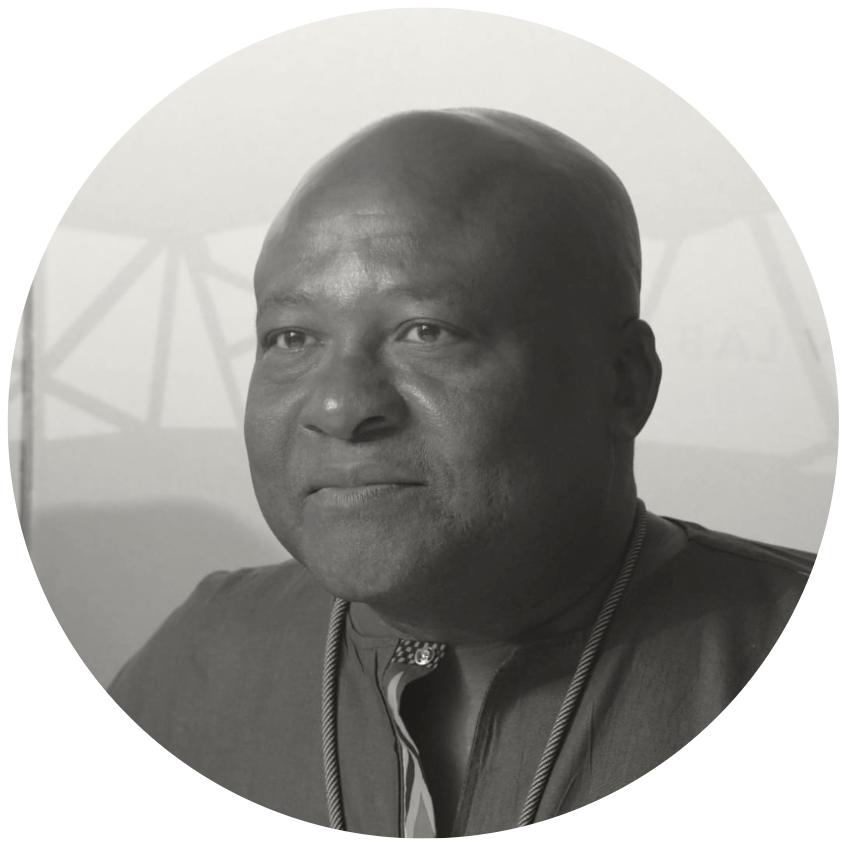
Dr. Tendai Chari
Associate Professor of Media Studies at the University of Venda, South Africa. He is also a C1 National Research Foundation (NRF) rated Researcher. Tendai teaches and conducts research on media and sports, political communication, digital media and society. He is co-editor of several books, the latest being Communication Rights in Africa: Emerging Discourses and Perspectives (2023, Routledge/Taylor & Francis, with Prof. Ufuoma Akpojivi).
Email: tendai.chari@univen.ac.za
Twitter: @Chari_Tendai
Mega sports events such as the Olympics provide nation states with a rare opportunity to display their most positive image. Even non-hosting nations go out of their way to extract symbolic benefits from mega events by sponsoring as many athletes as possible to boost national pride and foreign policy endeavors.
In the age of digital media, the multiplicity of information sources and the avalanche of information shared may undercut these official narratives in a way that offsets the soft power benefits of participating in mega sporting events. Instead of boosting their prestige on the global stage, nations may inadvertently expose their dark spots. This can result in ‘soft disempowerment,’ where negative news about the nation alienates rather than attracts other countries. Global South nations burdened by multilayered socio-economic cleavages occasioned by colonialism are particularly prone to soft disempowerment during mega sports events because participation at mega sports events is often viewed as a ‘vainglorious course of action’ given competing fiscal demands.
One nation where soft disempowerment was at work during the 2024 Paris Olympic games is Zimbabwe. Like any other country Zimbabwe hoped to reap symbolic dividends from the mega sport event by sending seven athletes to the Olympic Games. In the buildup to the Olympic Games in Paris Games the Zimbabwe Olympic Committee (ZOC), pumped a surfeit of optimistic rhetoric through its website and social media platforms rallying the nation behind ‘#TEAM Zimbabwe’, ‘#The Flag Bearers’ and ‘#Zim Pride’. “Let’s raise the Zim flag high and cheer them to the finishing line…We are on the map; we are making waves” ZOC appealed to citizens through its X handle. The organisation’s website was awash with sanguine posts about the athletes who were described as “the talented individuals” who would “conquer tracks, fields, pools, inspiring the next generation and leaving their mark on the world stage”. This was a clear indication, that the country was determined to tap into the ‘Olympic spirit’ to construct narratives that would foster admiration and prestige for the country on the international stage.
However, this optimistic narrative was abruptly dampened after a breaking story which alleged that Zimbabwe was sending only seven athletes and a ‘bloated’ delegation comprising of 67 officials to the Olympics, resulting in a glut of scornful and derisive comments both offline and online directed at the government of Zimbabwe. While the truthfulness of the story was never established, it is significant to note that the optimism which had been generated about the country’s participation at the Olympics was buried into the cacophonous voices in the cybersphere, and in the process, invalidating the Zimbabwean government’s ability to harness its participation at the Olympics as a soft power resource.
Given the rhetoric prior the games, it was evident that Zimbabwe hoped to conscript its presence at the Olympics to shape the desires and preferences of other countries, particularly given its isolation from the ‘community of nations’ and the persistent negative images in the global media. The phenomenal attention on the alleged bloated delegation and the negativity around it undermined the country’s efforts to rebrand after the 2017 military coup. While the big story would have been the country’s participation and performance of the athletes at the Olympics, it unwittingly resurrected narratives about misgovernance, ‘corruption’, ‘looting of resources’, ‘mismanagement’, ‘bad leadership’, ‘heartless leaders’, ‘human abuses’, and lack of sports infrastructure in the country – issues that have been an albatross to the country. On X, the overrepresentation at the Olympics was described as ’embarrassing’, ‘crazy’, ‘misplacement of priorities’, ‘looting’, ‘outrageous’, ‘plundering of national resources’ while the country’s leaders were described as ‘crooks’, ‘goblins’, ‘evil people’, ‘an embarrassment’, and the country was described as a ‘Banana Republic’ and ‘cursed’. Commentators on X queried why the country was sending a bloated delegation to the Olympic Games at a time when the country did not have a “single football stadium”. The country was pilloried for wasting resources when the national team was using Rwanda as its home ground for the FIFA 2026 qualifier games after condemnation of local stadia by FIFA. Some queried why the country was wasting resources when the country could not “afford clean-tap water in the capital nor medicines in our hospitals”. Another posted a collage of the photographs of political activists who had been incarcerated the previous week, pointing out these were the real heroes and not the athletes going to the Paris Olympics.
The negative narratives undermined Zimbabwe’s efforts to deploy the Paris 2024 Olympic Games as a soft power resource to enhance its international image. Given the wide coverage of the story, it is highly unlikely that Zimbabwe would be remembered for its prowess in sports. Instead, even people who could hardly spot the country on the world cup before the Olympics in Paris would associate the country with bad governance, corruption, autocracy, dysfunctionality, and other social ills which inhibits a broader and more nuanced understanding of Zimbabwe. As story about the ‘bloated delegation’ became the peg upon which negative discourses oscillated in the global arena, efforts by Zimbabwe to leverage the Olympic Games as a soft power resource boomeranged, resulting in soft disempowerment. This demonstrates the fragility of sports as a soft power asset in developing nations with pending national questions and unfinished socio-economic business.

